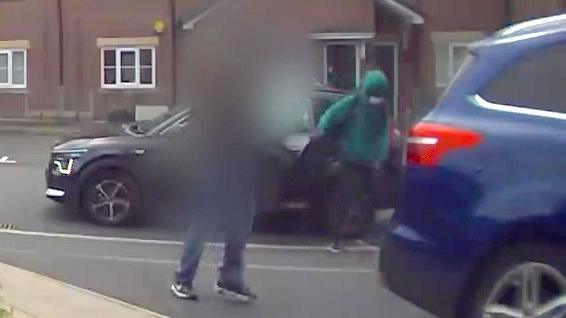Sergeant 'unaware of Southport killer's searches'
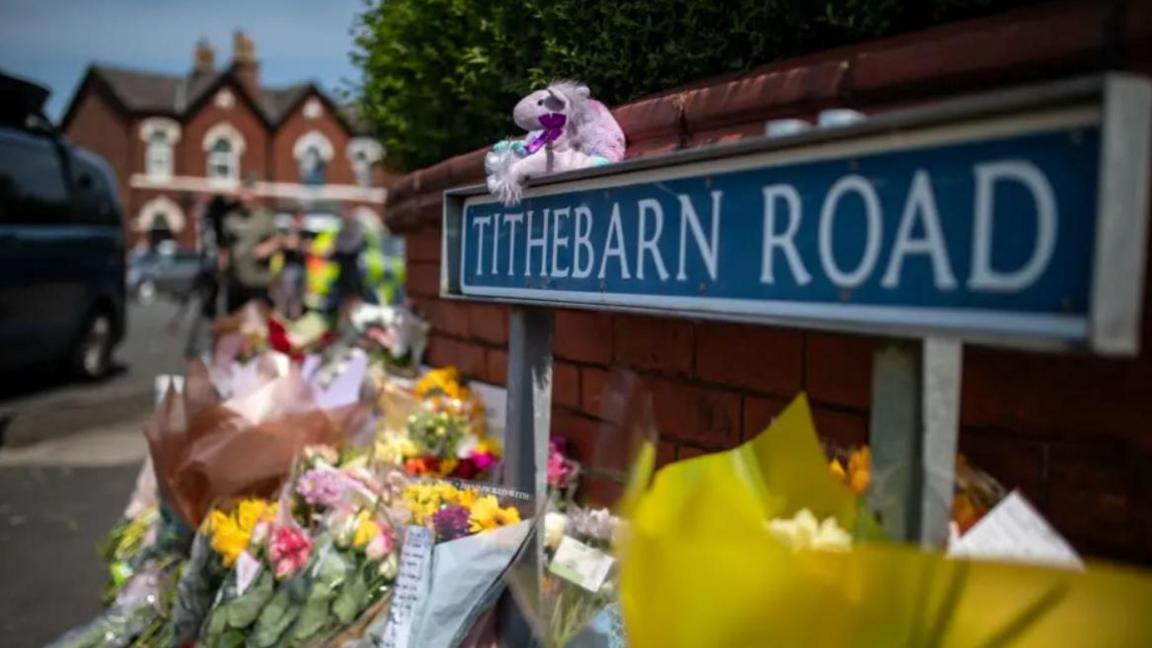
The inquiry is examining the circumstances of the Southport attack
- Published
A police sergeant would not have closed the Southport killer's first referral to the government's anti-terror programme if she had seen his internet search history, the inquiry into the murders has heard.
Alex Rudakubana killed three young girls and attempted to murder 10 other people in the dance class attack in July last year.
The Southport Inquiry at Liverpool Town Hall was shown the first referral to Prevent made by the attacker's school in December 2019.
Sgt Carmen Thompson, of Counter Terrorism Policing North West, told the inquiry she had not been aware the investigation into the attacker's school browsing history found he had searched for violent images and "glue guns" before she eventually recommended closure of the Prevent referral.
The referral included details that he had brought a knife to his previous school on 10 occasions.
He was also found to be searching school shootings in America during a lesson, and had questioned why he could colour in Call of Duty images during an art lesson but could not look at guns on the internet before requesting a "picture of a severed head".
The inquiry has previously heard how the killer, from Banks, Lancashire, attacked a pupil at his former school with a hockey stick and was found in possession of a knife.
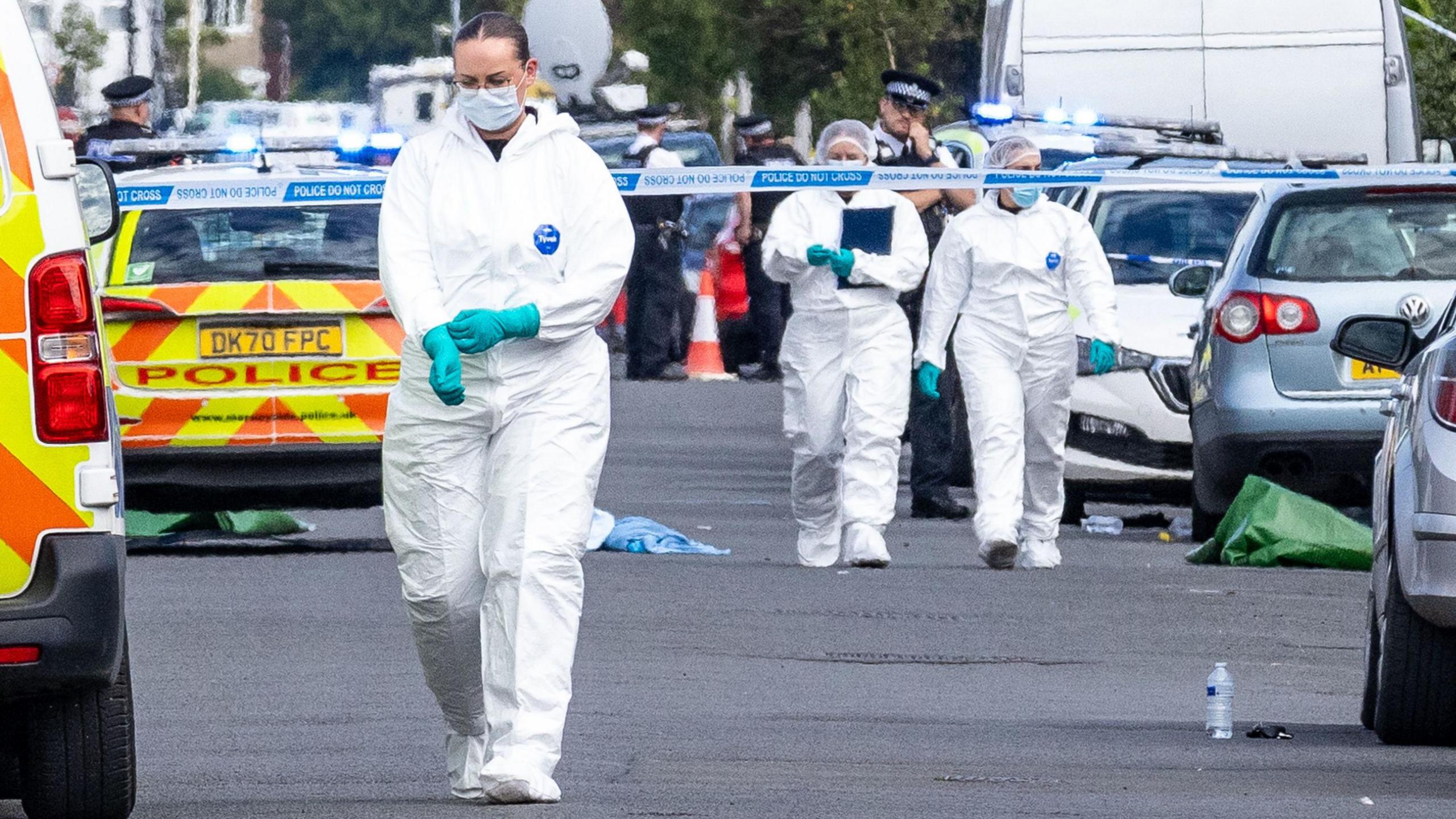
Three young girls were killed in the dance class attack in July last year
Sgt Thompson, who at the time worked at Prevent and dealt with the attacker's referral, said she found the contents "concerning" upon first reading the referral but "needed to get more information and speak to him" to make a full assessment.
The inquiry heard she eventually recommended closure of the referral, deciding the killer did not meet the threshold for a referral to Channel - the government programme which provides early stage support to people identified as being vulnerable to being drawn into terrorism.
She told the inquiry she had not been aware the investigation into the attacker's school browsing history, though.
Asked if knowing that information at the time would have changed the outcome of the referral, she said: "I believe if I'd have seen that search history as you've just explained then I would have referred it to Channel."
Before making the decision, the inquiry heard Sgt Thompson attended a strategy meeting with other agencies in which it emerged the teenager had said he was being bullied at school and had made a comment about the Manchester Arena attack in 2017 being a "good battle".
'Threshold'
She told the inquiry: "My understanding was a lot of the comments that he said were very inappropriate in relation to all sorts of different things and I attributed that to the way he was presenting with his autism and the issues that he had, like not being able to make eye contact, not understanding emotions, all these sorts of traits that you could associate with autism.
"When I spoke to him and obviously I got sight of these comments and behaviours I put it into the context that it was to do with his autism and his belief that he was being bullied and his frustration with it."
She added: "I accept that he was violent, he had been arrested for a violent offence, but for my assessment as to was he meeting a threshold for a referral to Channel.
"I didn't view it as extreme violence in a Prevent way."
She said she did not see that he was trying to promote a specific ideology, adding: "I didn't see that obsession through the decision making and conversations and information that I had at that time.
"Of course it's really difficult now with hindsight not to consider that because we all know what happened on that day and I'm finding that difficult to do."
The sergeant appeared emotional at this stage and was later seen wiping the corner of her eyes as she continued giving evidence.
Bebe King, six, Elsie Dot Stancombe, seven, and Alice da Silva Aguiar, nine, were killed at the Taylor Swift-themed dance class on 29 July 2024.
The inquiry continues.
Get in touch
Tell us which stories we should cover on Merseyside
Listen to the best of BBC Radio Merseyside on Sounds and follow BBC Merseyside on Facebook, external, X, external, and Instagram, external. You can also send story ideas via Whatsapp to 0808 100 2230.
Related topics
- Published6 October
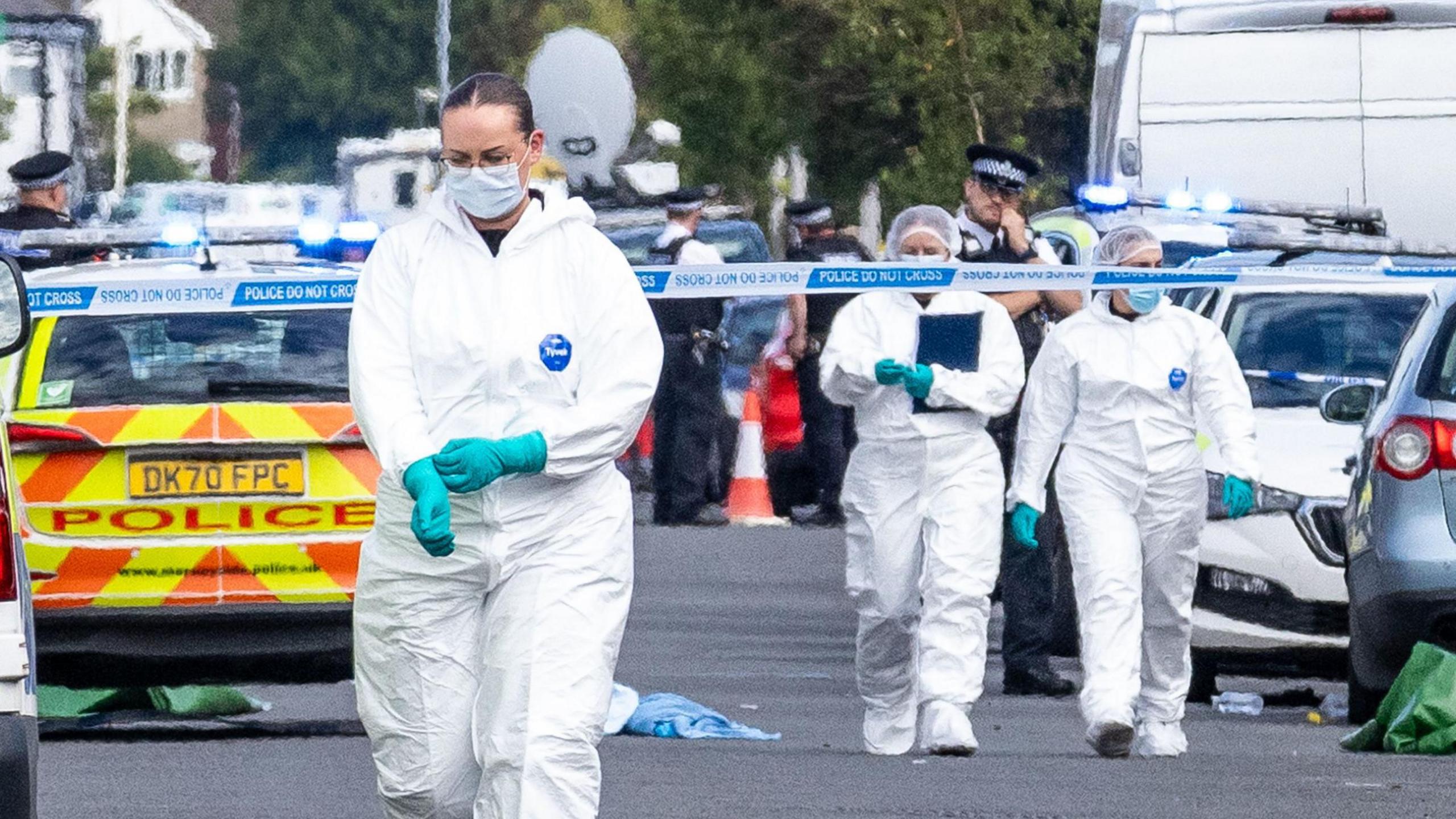
- Published1 October
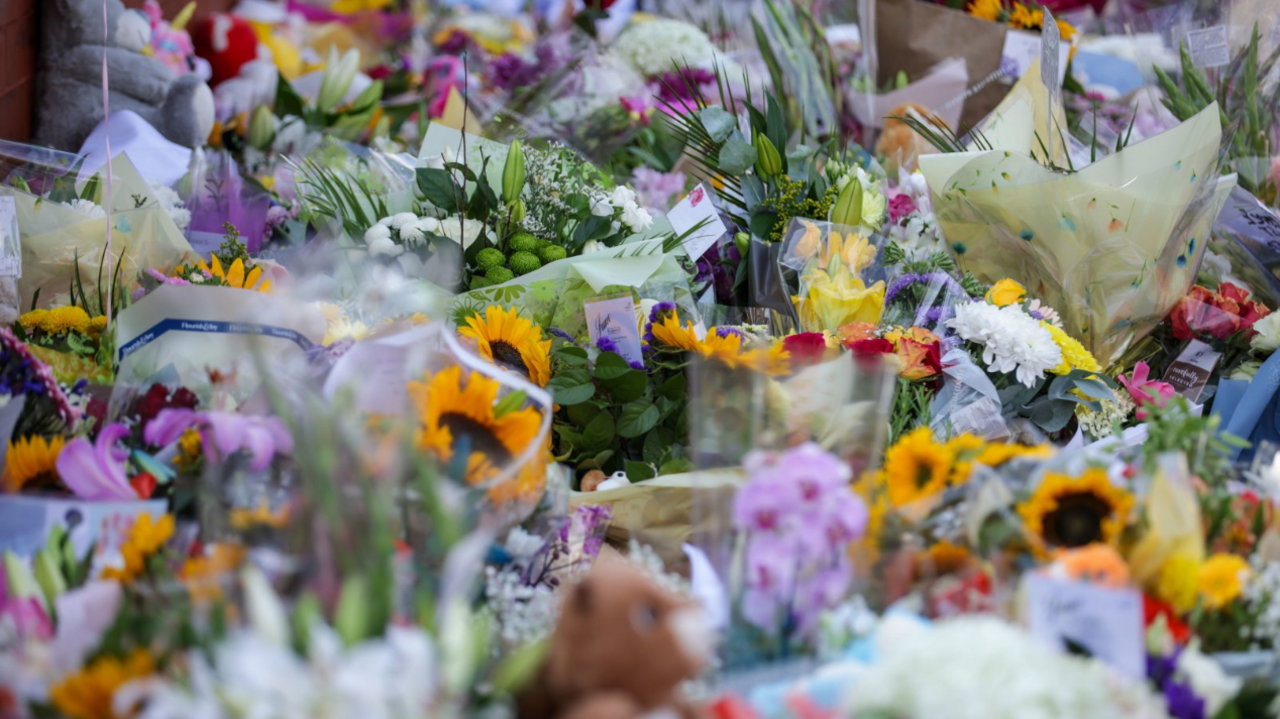
- Published30 September
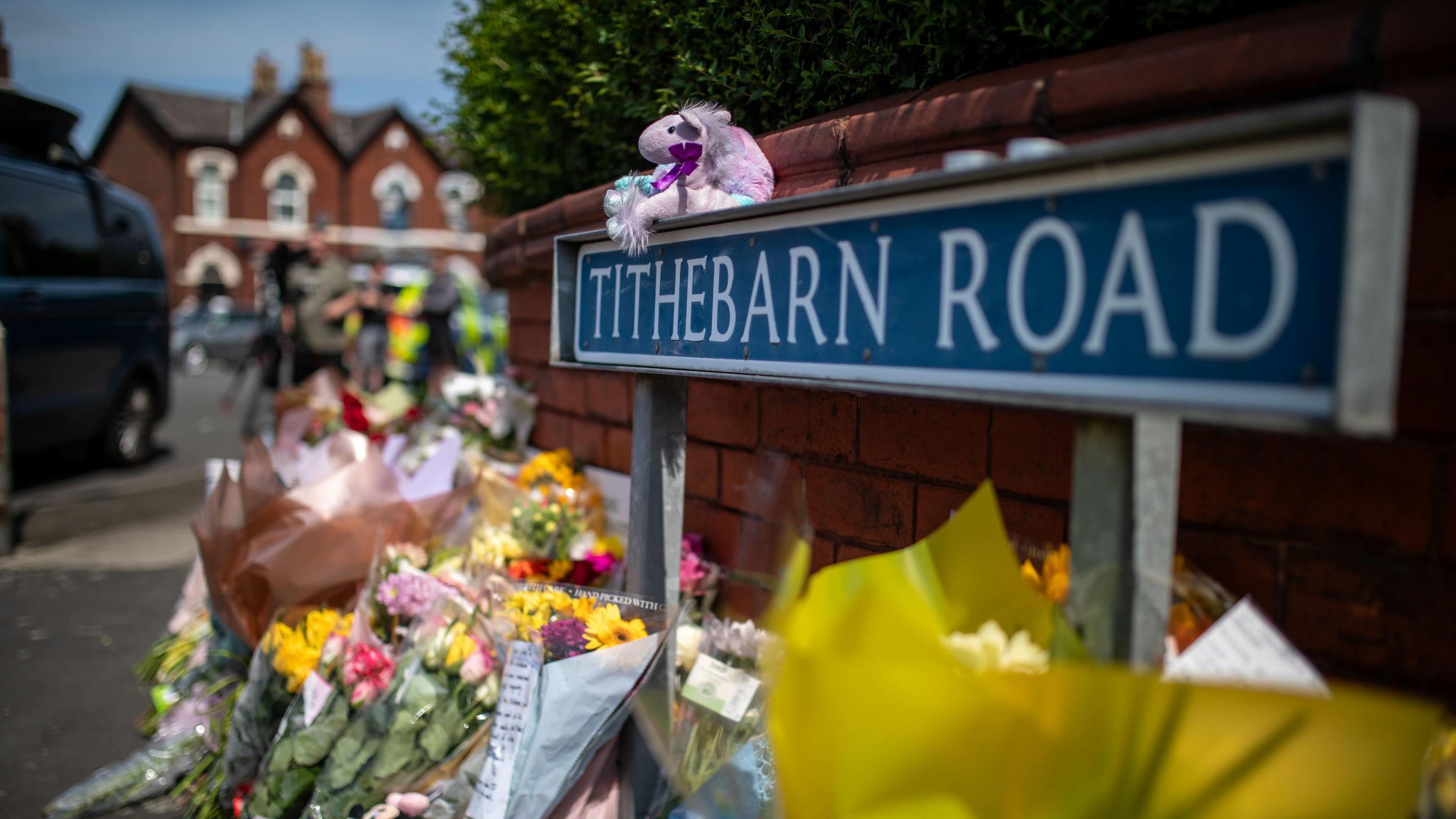
- Published23 September
